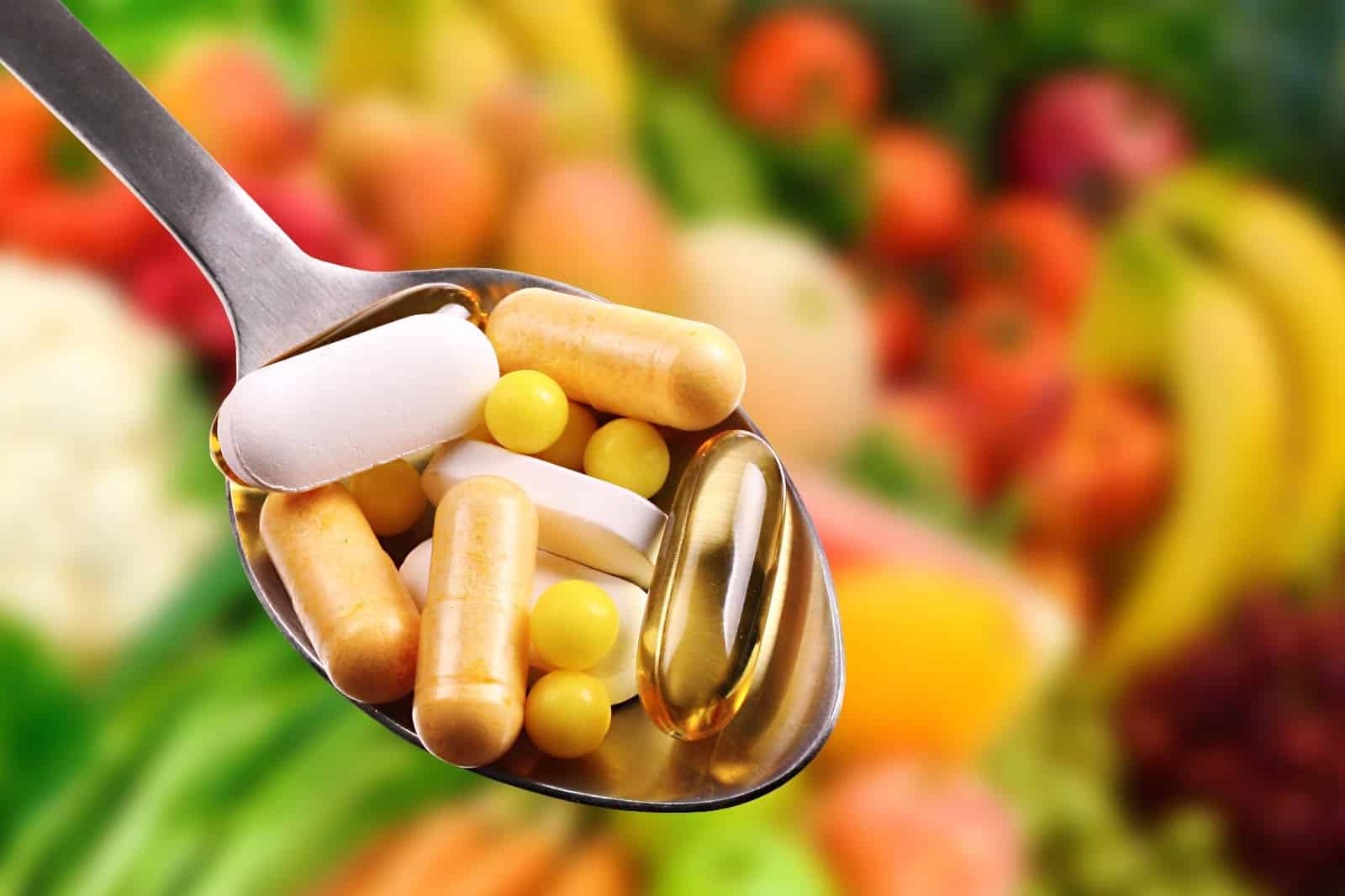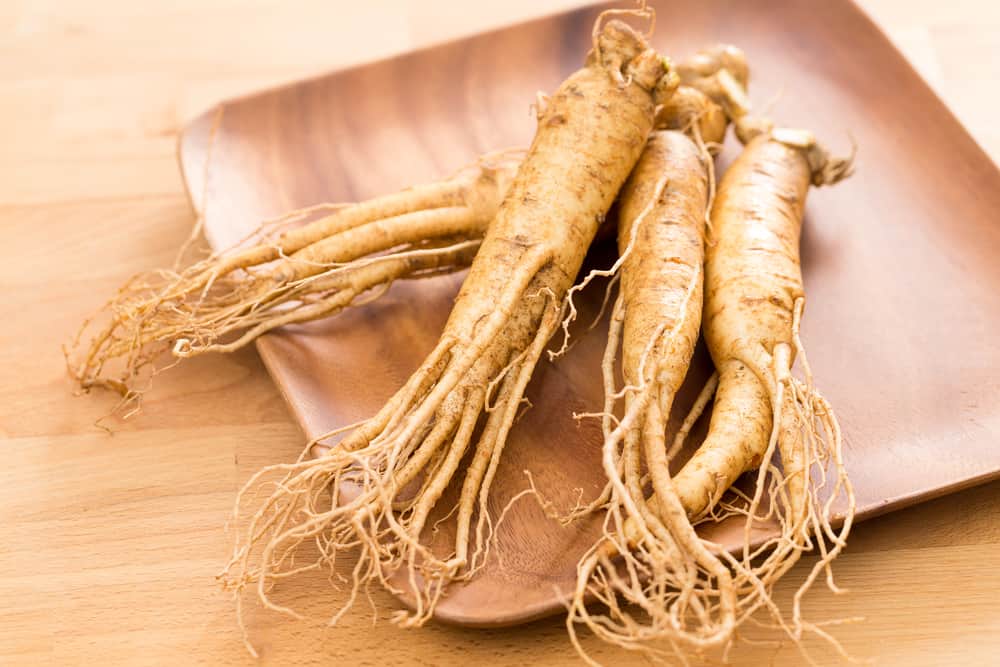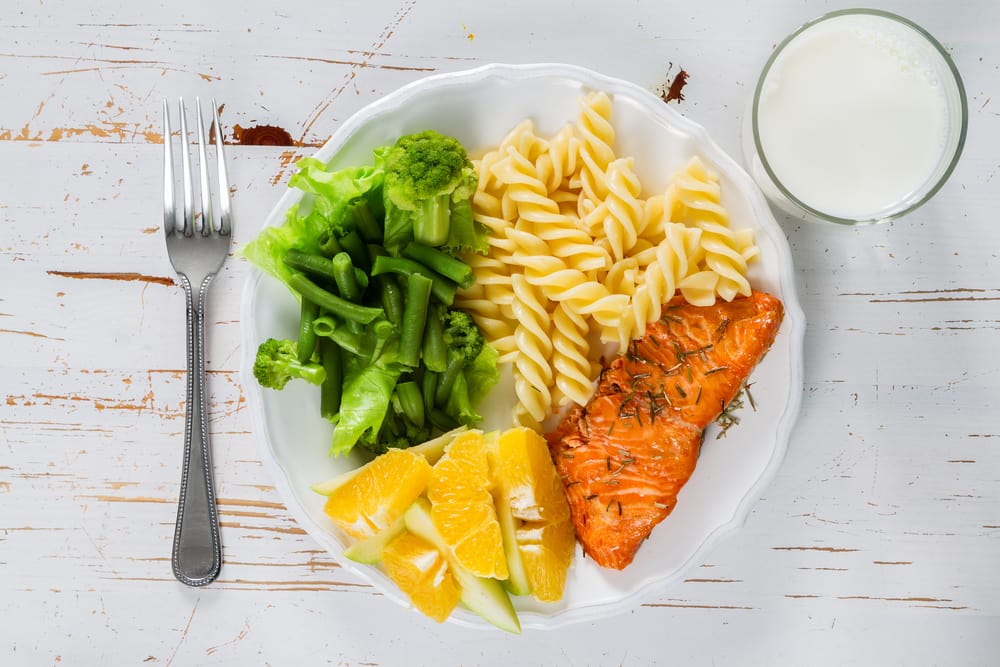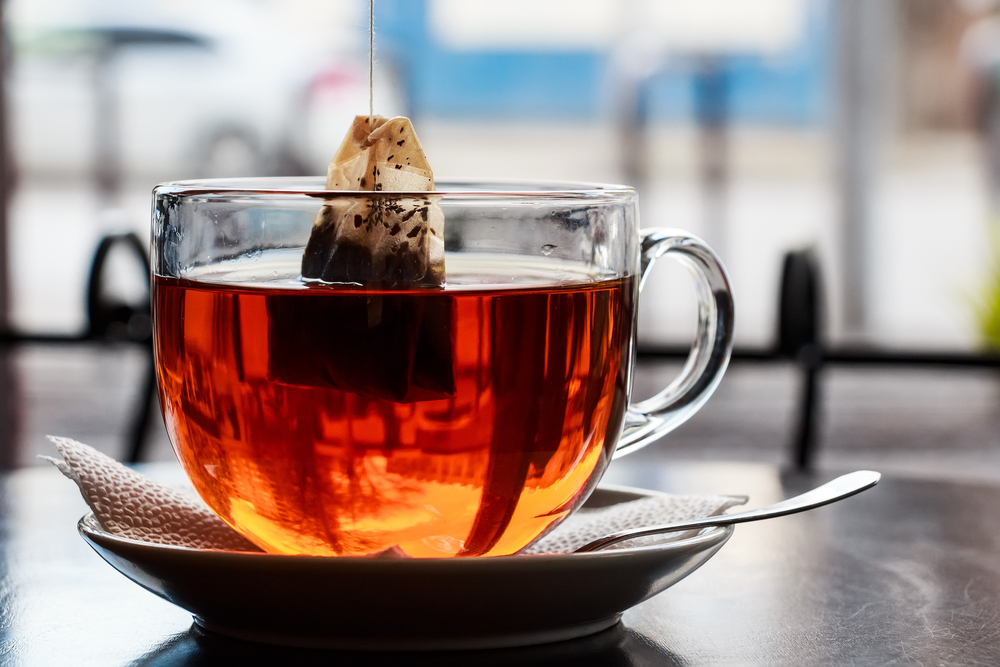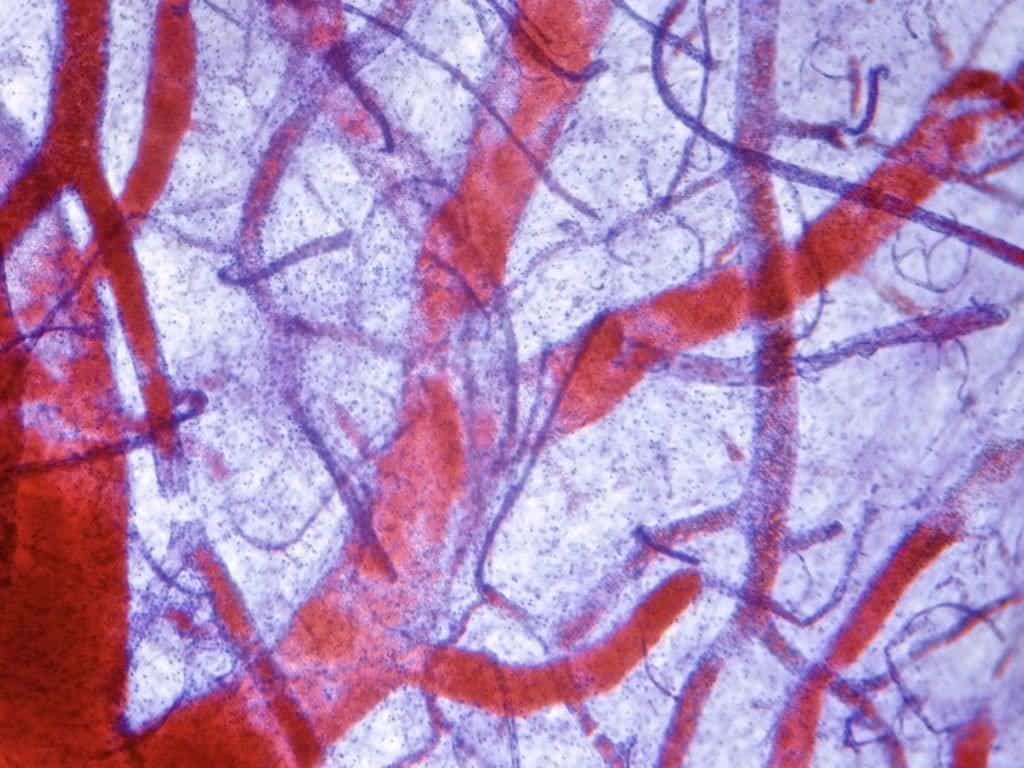Contents:
- Medical Video: Nutritional Health : How to Lower LDL Cholesterol With Diet
- A type of cholesterol-lowering supplement that your doctor may recommend
- 1. Fish oil
- 2. Psyllium
- 3. Niacin
- 4. Sterol and stanol
- 5. Coenzyme Q10 (CoQ10)
Medical Video: Nutritional Health : How to Lower LDL Cholesterol With Diet
When special diets and exercise don't make cholesterol go down, maybe you need another intake that can help control cholesterol levels. However, the use of cholesterol drugs such as statins usually makes some people worry about the side effects they cause. If so, cholesterol-lowering supplements can be one of your alternatives as an effort to reduce cholesterol levels in the body.
A type of cholesterol-lowering supplement that your doctor may recommend
1. Fish oil
Omega-3 levels in fish oil, namely EPA and DHA, have been shown to reduce triglyceride levels by up to 30 percent, minimize swelling and blood clots, and increase good cholesterol (HDL). Studies show that consuming simple fish oil around 250 mg per day can reduce the risk of sudden cardiac death.
However, high levels of mercury and pollutants in some types of fish oil also need attention. Choose supplements that have been clinically tested free of heavy metals such as mercury and lead and other environmental poisons, including polyclorinate biphenyls or PCBs.
Side effects: Can cause the tongue to feel unpleasant sensations, bad breath, vomiting, or diarrhea. In addition, these supplements can also interact negatively with blood thinning drugs such as warfarin (coumadin, jantoven, and others).
2. Psyllium
Psyllium or better known as Plantago ovata is a plant that only grows in India. However, this herb has long been consumed as a supplement derived from natural dietary fiber sources. This plant is a type of soluble fiber that can dissolve cholesterol and reduce triglycerides and total cholesterol, especially for people with type 2 diabetes. Supplements that contain psyllium can be an alternative choice to help you reduce cholesterol levels in the blood.
Side effects: Can cause flatulence due to excessive gas, abdominal pain, diarrhea, constipation, or nausea. In addition, this supplement can also reduce the ability of the intestines to absorb some nutrients such as calcium, iron, zinc, and vitamin B12.
3. Niacin
Niacin is a vitamin B supplement that can increase good cholesterol (HDL) and reduce bad cholesterol (LDL) by 30 percent. This supplement needs to be taken in large doses so that the effect can be felt, which is as much as 1 to 3 grams a day.
Side effects: Can cause headaches, nausea, vomiting, itching, and redness. In rare cases it can also cause liver damage if consumed in the long run.
4. Sterol and stanol
Both of these compounds are proven to reduce bad cholesterol by 9 to 20 percent. The Food and Drug Administration also states that these two compounds can reduce the risk of heart disease if consumed by 400 mg per dose every day.
Side effects: Can cause diarrhea, constipation, nausea, and react negatively to other cholesterol treatments.
5. Coenzyme Q10 (CoQ10)
This compound is included in the group of powerful antioxidants that are beneficial for heart health by lowering bad cholesterol levels in the body. In addition, CoQ10 can also help lower blood pressure. However, this study was only conducted in mice and still needs further research on whether it works effectively in humans.
If you decide to take cholesterol-lowering supplements in addition to treatment, consult your doctor who is dealing with you first. Because, not all supplements are safe for your body and have the possibility to be able to react negatively to the drugs you are taking.

